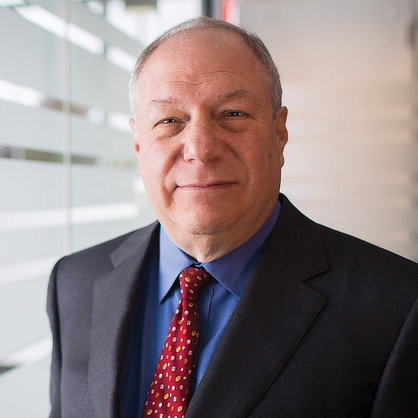Education
Ph.D. Columbia University, 1980
M.Phil, Columbia University, 1975
M.A., Columbia University, 1974
Certificates, Columbia School of International and Public Affairs, 1974
B.A., Columbia College, Columbia University, 1971
About Howard
Dr. Stoffer served in the Foreign Service of the United States from 1980 to 2005, retiring as a member of the Senior Foreign Service of the Department of State. He served for seven years as the Deputy Executive Director of the Counter-Terrorism Committee Executive Directorate of the United Nations Security Council. His research interests focus on American national security, including nuclear arms control, U.S. policies in the Middle East, Russia, China and the Koreas as well as counter-terrorism institutions of the United Nations and other diplomatic matters. While in the Foreign Service, Dr. Stoffer has lived in Moscow, Tel Aviv, Beijing, Oslo Norway, Geneva for nuclear negotiations, Stockholm for conventional forces negotiations, and at the U.S. Mission to the UN before joining the Secretariat in 2005 for eight years.
Stoffer has traveled extensively over the years to Asia, Europe, the Middle East and Australia, including serving in a peacekeeping operation in the Sinai between Egypt and Israel.
See More
Courses Taught
- CJ 455 History of the United Nations
- NSP 671 History of the United Nations
- CJ 455 United Nations and Counter-Terrorism
- CJ 670 United Nations and Counter-Terrorism
